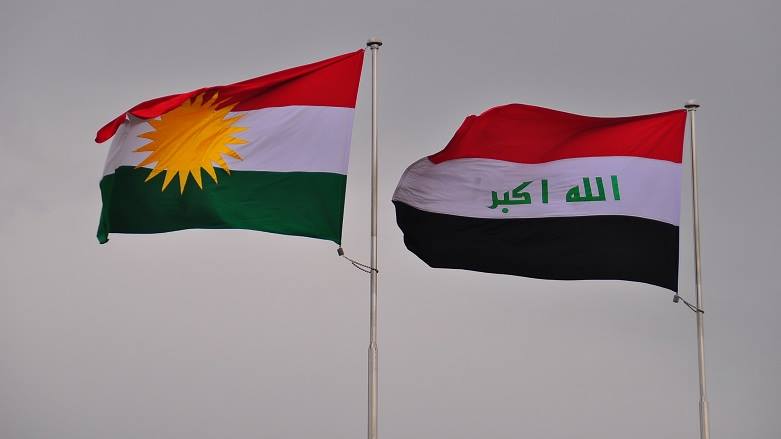US Expert: Relations between Erbil and Baghdad improving

WASHINGTON DC (Kurdistan 24) - Dr. Amy Austin Holmes, a professor at the American University of Cairo, is spending the academic year as a Fellow at Washington’s prestigious Woodrow Wilson International Center for Scholars.
Holmes hosted Dr. Najmaldin Karim last week, when the former Governor of Kirkuk spoke at the Wilson Center, as she moderated the discussion with him.
Karim’s visit to Washington marked his first trip out of Kurdistan since the Sep 25 Kurdistan independence referendum.
Kurdistan 24 spoke with Holmes after Karim’s talk. “It does seem now,” she said, that “the negotiations between Erbil and Baghdad have been progressing.”
“That’s my understanding, and they’ve reopened the airports in Erbil and Sulaimani, which for me is important, because I travel there quite frequently.”
The same is true for other foreign scholars and journalists, Holmes explained. “It’s important that these things be resolved not just for our own narrow interests,” but also “for the larger questions,” she said.
Asked about the future of US policy, she noted that recently appointed US National Security Adviser John Bolton wrote an article shortly after the independence vote, in which he “criticized the State Department for the fact” that it “did not support the referendum” saying that had been a “mistake.”
“Now that [Bolton] is in government, a close adviser to President Trump,” however, “whether or not he will maintain that position, I don’t know,” Holmes said.
Yet “he is on the record” as supporting “the referendum and Kurdish interests and Kurdish rights.”
Indeed, Kurdistan 24 spoke with Bolton just days before the referendum, and he told us, “If the decision is to seek independence for [the Kurdistan Region], I think the United States should recognize it.”
Holmes, nonetheless, cautioned against expecting a major change in the position of the US, which remains committed to “one-Iraq.”
“I think that people” in Washington still see the issue “as an internal dispute between Erbil and Baghdad that needs to be resolved.”
Holmes also explained that it was her impression that the assault on Kirkuk “was not really expected.”
“That was my understanding when I visited Iraq and the Kurdistan Region in July,” she said. At least, “nobody” with whom I spoke thought there would be “any sort of dramatic turn of events.”
Dr. Karim also made that point. “We were not expecting to be attacked by tanks, by artillery,” he told the Wilson Center audience, “our people being forced to leave.”
He added, “We were not expecting” that “a group of individuals” would “make a secret deal with the help of a foreign country” to facilitate this.
“Of course,” before the referendum, Prime Minister Abadi said it “is not acceptable, it has to be canceled, and all that,” Karim explained.
“But [Abadi] also made the point that we will not use firepower, we will not fight,” Karim continued, stressing, “he said this.”
However, when Abadi saw the agreement “made by a neighboring country with elements within the Kurdish political establishment, I think he saw the opportunity,” the former Kirkuk governor explained.
So Abadi sent “the troops, with the militias” which had come there, “prepared to do this, because they knew there was an agreement.”
